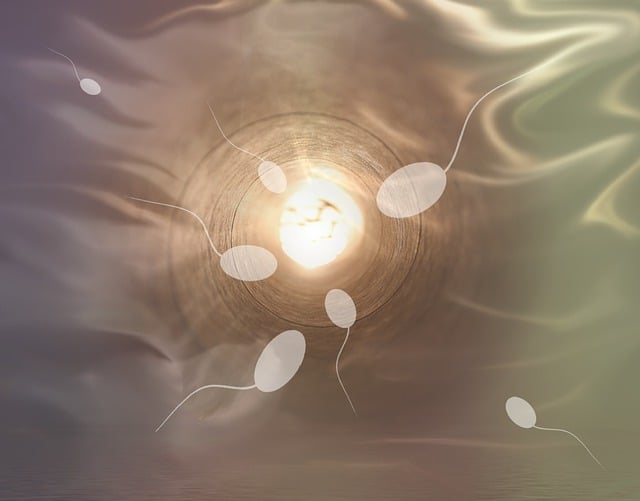Getting your period shortly after a positive pregnancy test can be disheartening and confusing. Many individuals may experience what is known as a chemical pregnancy, which is more common than you might think. It’s important to note that a chemical pregnancy does not imply that there is anything wrong with your fertility or that you won’t successfully carry a healthy baby in the future.
What Is a Chemical Pregnancy?
A chemical pregnancy refers to an early pregnancy loss that occurs when a fertilized egg implants in the uterus but fails to develop properly. Typically, this type of loss happens around weeks 4 to 5 of your menstrual cycle. After fertilization, the egg usually implants in the uterine lining about three weeks after the first day of your last period. The cells that would eventually form the placenta start to produce the pregnancy hormone hCG (human chorionic gonadotropin) but at levels that do not support a viable pregnancy.
Signs of a Chemical Pregnancy
Many women may not even realize they were pregnant, as the signs can be similar to a regular menstrual period. Common signs include:
- A positive home pregnancy test followed by bleeding or spotting
- Mild cramping
- A negative pregnancy test after a brief positive result
What Causes a Chemical Pregnancy?
Chemical pregnancies can occur for various reasons, including chromosomal abnormalities in the embryo, hormonal imbalances, or issues with the uterine lining. They may happen more frequently in individuals undergoing fertility treatments. If you are considering at-home insemination, resources such as MakeAMom can provide guidance on the process.
Risk Factors for Chemical Pregnancy
Several factors may increase the likelihood of a chemical pregnancy, including:
- Advanced maternal age
- History of miscarriages
- Hormonal disorders
- Certain lifestyle factors such as smoking or substance use
If you are thinking about fertility treatments or have concerns about your reproductive health, the March of Dimes offers valuable support and information.
Chemical Pregnancies and IVF
Individuals undergoing in vitro fertilization (IVF) may also experience chemical pregnancies. The process involves fertilizing an egg outside the body and implanting it in the uterus, which can sometimes lead to early pregnancy loss.
Recovery and Grief After a Chemical Pregnancy
Experiencing a chemical pregnancy can lead to feelings of grief and disappointment. It’s essential to allow yourself time to process these emotions. Remember, this type of loss is common and does not necessarily impact future pregnancies.
Trying to Conceive Again
If you’re eager to try for a baby again after a chemical pregnancy, it’s crucial to focus on your emotional and physical well-being. For those considering herbal remedies to enhance fertility, this resource from MakeAMom provides insightful information. Additionally, preparing for pregnancy is essential, and you can find tips and checklists in our blog post here.
Support Resources
If you’re looking for community support, consider joining MakeAMom’s free sperm donor matching group, where you can connect with others on similar journeys.
To Summarize:
A chemical pregnancy is an early loss of pregnancy that can often go unnoticed. Understanding its symptoms and causes can help demystify the experience. If you encounter this situation, know that it’s relatively common and does not define your ability to conceive in the future. Focus on your overall health and consider utilizing available resources and support systems as you move forward in your journey to parenthood.

